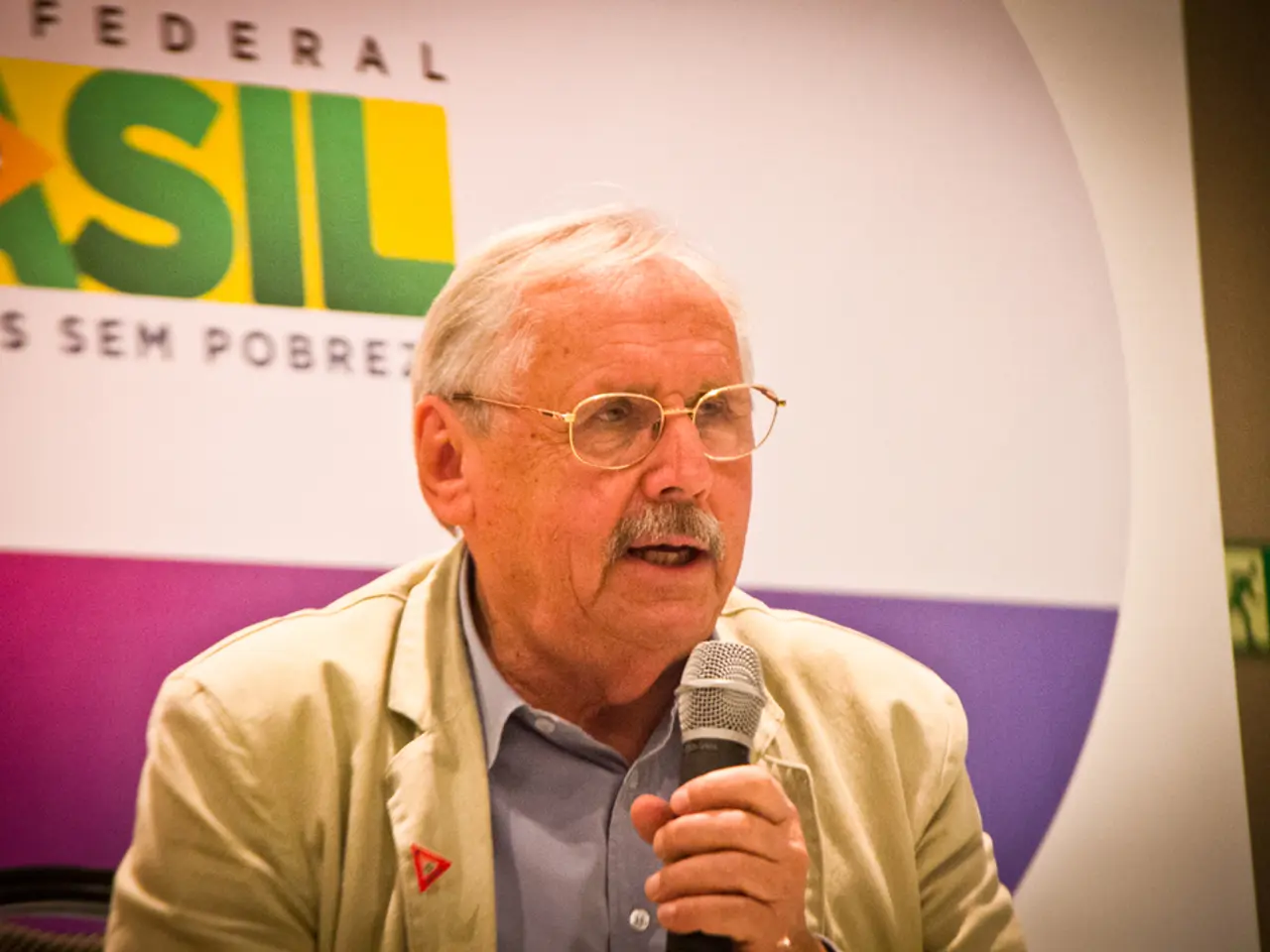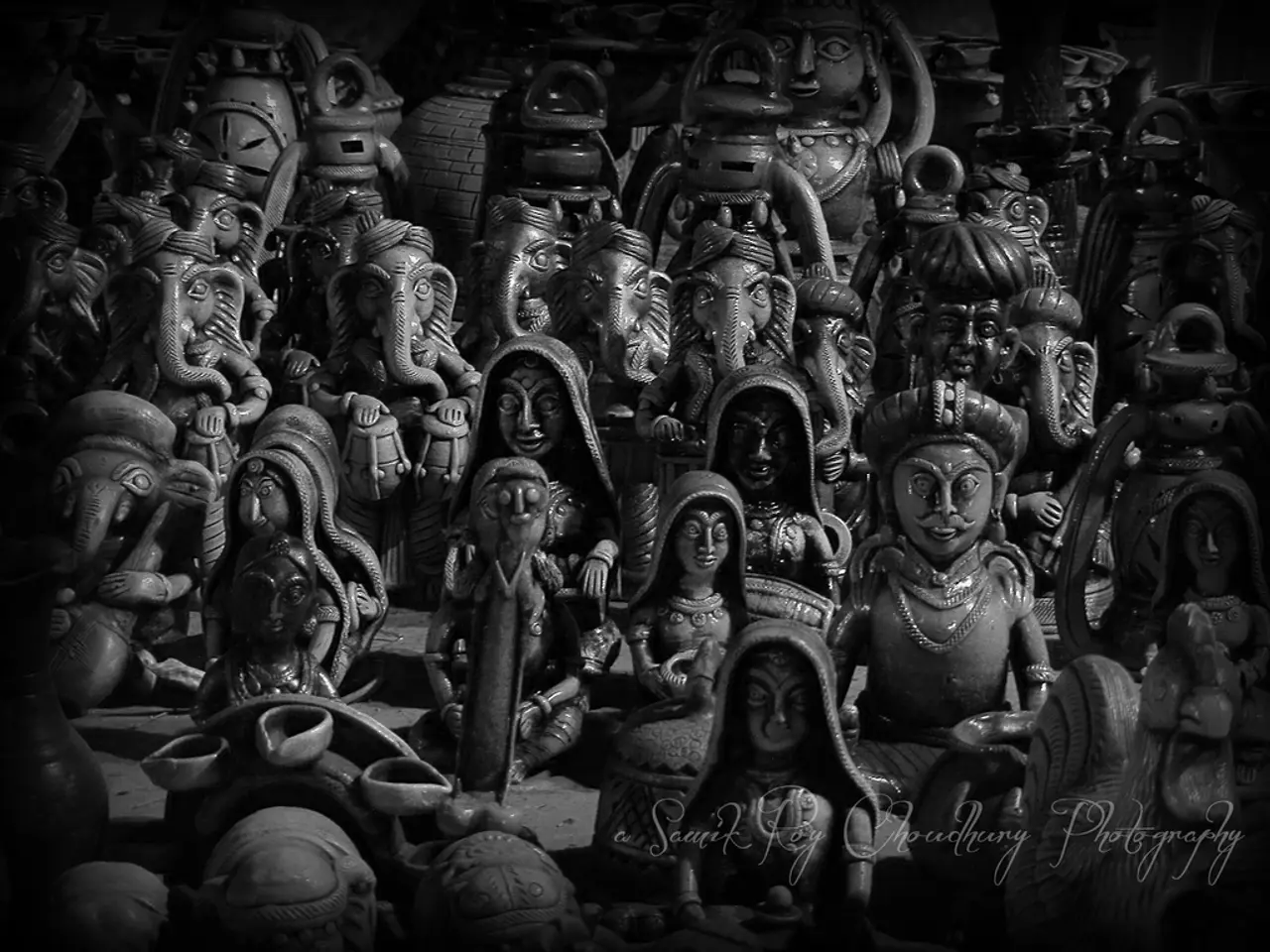Political discourse has hit a standstill, with interests becoming increasingly entrenched and compromise seemingly a distant memory.
In the heated political climate of the United States, a call for unity and cooperation is resonating strongly among many, particularly within the Baha'i Faith. The divisive "us versus them" framework of competition in the partisan political system allows for certain voices and interests to be privileged over others, creating profound social disunity.
Baha'is, who believe in the oneness of humanity, advocate for a bold new vision of society, moving beyond the partisan political system to actively work towards building true, authentic human solidarity among all people. This key to breaking free of social disunity was emphasized by Baha'u'llah, the founder of the Baha'i Faith, over a century ago when he wrote, "The earth is but one country and mankind its citizens."
Americans, across all party lines, express cynicism towards government and mistrust corporate, financial, and political corruption. The natural environment suffers when any group pursues economic gain without regard for its effects on the environment, further deepening the sense of social disunity. In this context, love and unity are identified as the needs of the body politic today, by Abdu'l-Baha.
The Western liberal democratic tradition assumes that humans are selfish and competitive by nature, and it is in our own best interest to be antagonistic towards the needs, values, and interests of our political rivals. However, the speaker believes that partisanship is fundamentally inimical to the principle of humanity's oneness and cannot logically move us forward to a place where the principle of oneness forms the basis of governance.
Implementing the Baha'i principle of promoting the unity of humanity within a partisan political system like that of the United States involves several strategies that align with the Baha'i teachings of unity and neutrality in political matters.
Firstly, Baha'is are counseled to abstain from participating in partisan politics, allowing them to maintain a neutral stance and focus on promoting unity and cooperation beyond party affiliations. This approach helps in fostering dialogue and collaboration across political divides.
Secondly, Baha'is can engage in educational activities that highlight the importance of unity and cooperation. This includes promoting interfaith dialogue, cultural exchange programs, and community service initiatives that bring people together across different political backgrounds.
Thirdly, Baha'is can encourage civic engagement by promoting voter registration, advocating for policies that support social justice, and supporting community initiatives that foster unity and understanding.
Fourthly, by supporting local community projects that bring people together, Baha'is can help build bridges between different groups and promote a sense of shared humanity.
Fifthly, Baha'is can use their moral authority to promote peaceful resolution of conflicts and encourage leaders to prioritize unity and cooperation. This can be achieved through public statements, community meetings, and by supporting initiatives that promote ethical leadership.
Lastly, emphasizing the value of diversity and the oneness of humanity can help shift the focus from partisan differences to shared human values. This can be done through cultural events, educational programs, and community activities that celebrate diversity while promoting unity.
By implementing these strategies, Baha'is can contribute to fostering a more unified society within the context of a partisan political system like that in the United States. The world is in desperate need of a shared ethic, a sure framework for addressing crises that gather like storm clouds, according to the Universal House of Justice. The Baha'i Faith, with its teachings of unity, love, and fellowship, offers a beacon of hope in these challenging times.
Americans, across party lines, could benefit from embracing the Baha'i principle of unity as proposed by Abdu'l-Baha. In the partisan political system of the United States, Baha'is, who believe in the oneness of humanity, strive to move beyond partisanship by advocating for educational activities, fostering dialogue and collaboration, encouraging civic engagement, supporting local community projects, using moral authority for peaceful resolutions, and emphasizing diversity and shared human values. Such actions could address the profound social disunity, impacted by politics and corporate corruption, and contribute to a more unified society, aligning with the Baha'i vision of a world in desperate need of a shared ethic.








